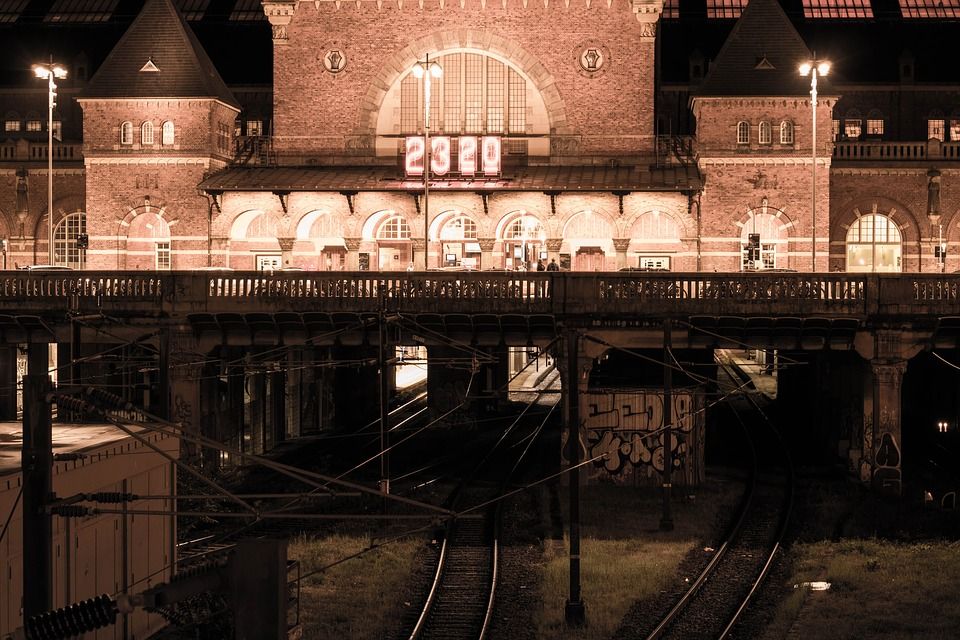Tens of thousands of commuters across Denmark can look forward to enduring delays, fewer departures and congested trains in the coming months.
At the end of March, rail company Banedanmark will initiate a series of significant track repairs along critical stretches, and the work preparing the rail link for the future Fehmarn Belt connection will also commence.
“We will do everything we can to ensure trains operate as quickly and smoothly as possible. From March 30 to April 17 we will be running at a severely reduced capacity – we will be going at about 60 percent – and that will have serious consequences for passengers,” Tony Bispeskov, the head of DSB, told BT tabloid.
READ MORE: Copenhagen’s public transport landscape facing dramatic change
Easter promises
According to DSB, the track between Ringsted and Korsør is in such poor condition that trains have to slow down in certain areas, and the issues pertaining to the Fehmarn Belt work are expected to impact train traffic between Næstved and Nykøbing Falster until September at the earliest.
Some 50,000 commuters are expected to be affected by the work on a daily basis and DSB will meet the challenges ahead by providing shuttle buses, longer trains and compensation to commuters, as well as additional staff at stations.
Another ramification of the work will be no trains between Nyborg and Roskilde over Easter, so there may not be a direct link between Copenhagen and Jutland during this period.
Bispeskov urged commuters to keep an eye on developments on Rejseplanen (here in English).














